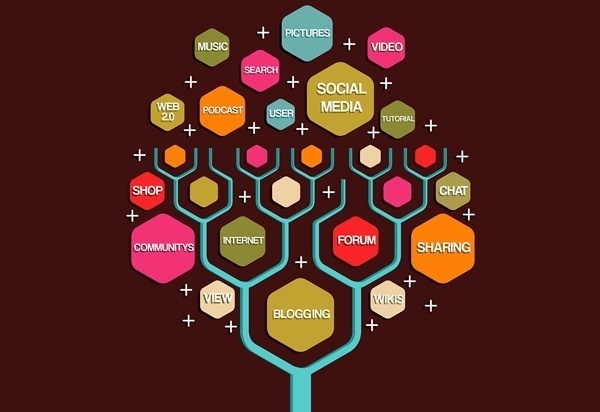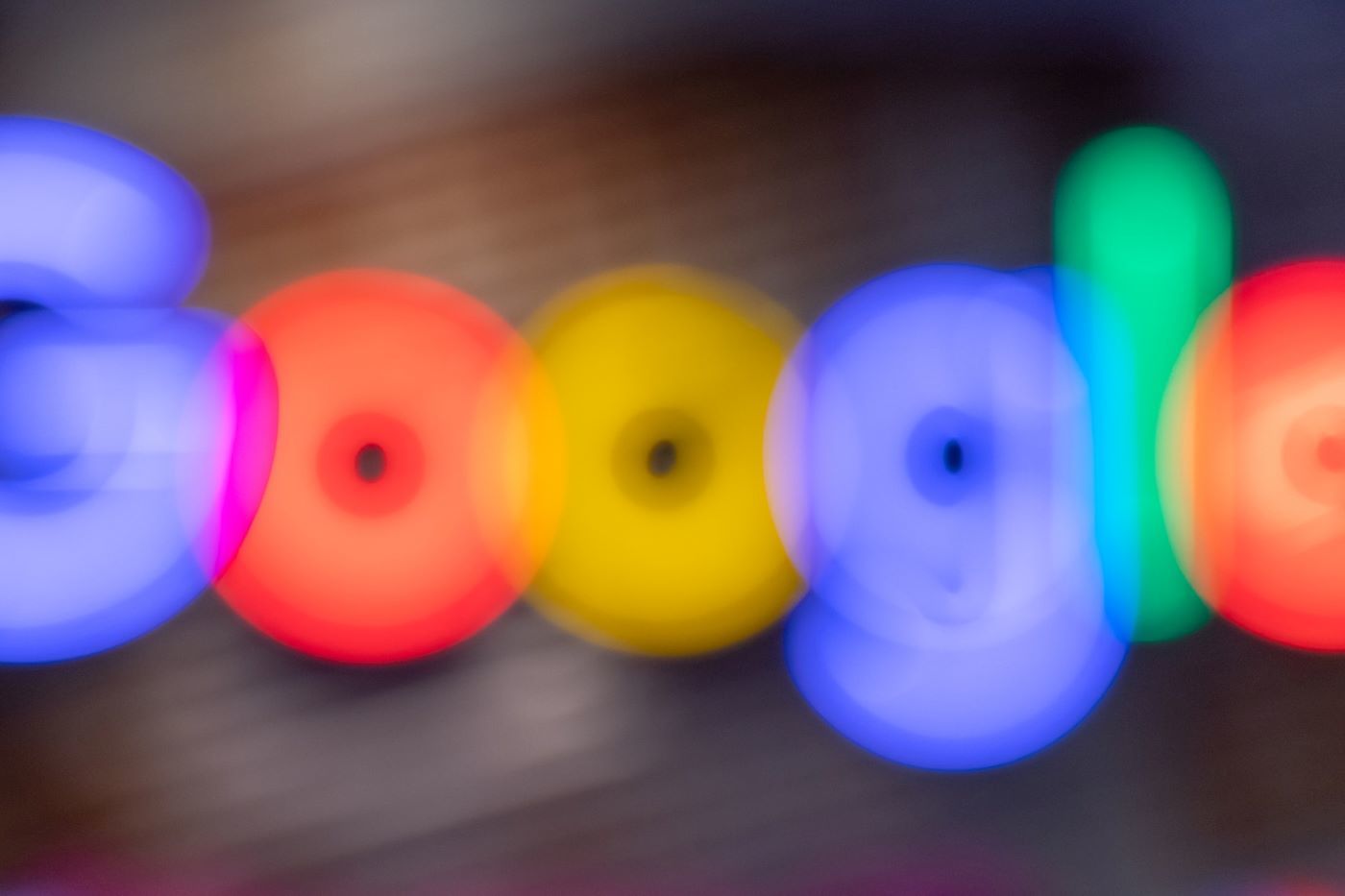AI is everywhere now. You can hardly escape it. Google’s new AI search feature, called AI Mode, has just launched in the UK and it’s set to change how people search online.
What is Google AI Mode?
Google’s new AI Mode offers a different way to search online. Instead of a traditional list of website links, it provides a concise answer written by artificial intelligence in a more conversational style.
This feature is optional and sits alongside the usual search results. It aims to help users who want quick, straightforward responses without clicking through multiple pages.
The shift also reflects how search queries have changed. People tend to ask more detailed questions now, expecting clear answers instead of just a list of links.
While this makes finding information faster, it also means that fewer visitors may reach websites, which could impact businesses that rely on web traffic. Google has yet to confirm how ads will work within this new format.
Why fewer clicks on websites?
I asked the Koozai team for their views. Joaquin Lopez, Paid Media Manager, said:
“Much like Google’s answer boxes found in SERPs, AI in its simplest form is an extension of this feature, providing users with an instant answer without having to click through to a website. Many sites have seen a drop in advertising revenue due to fewer click-throughs, which indicates a reliance on quicker answers. The reason why AI is popular could be due to its less invasive nature. Users become frustrated when websites are filled with ads and popups, restricting their view and time of finding the answers they need, which makes AI a favourable option, even if AI isn’t entirely accurate.”
In short, users want fast answers without distractions. AI meets that need but at the cost of fewer visits to websites.
This change in user behaviour is forcing brands to rethink how they approach search and visibility.
A mindset shift for brands and SEO
Sophie Roberts, Managing Director, added:
“Google’s new AI Mode is a bit of a watershed moment for search, it’s not just about how people find info, but how brands stay visible in a world where AI gives the answers first. At Koozai, we see this as a mindset shift: it’s less about chasing traffic and clicks and more about being seen as a trusted, go-to source that AI wants to pull from. SEO isn’t dead. it just needs to adapt and work smarter now summaries come before site visits.”
This means brands must focus on building trust and authority. It’s no longer enough to simply rank at the top of search results. You need to be the reliable source that AI picks.
Turning challenges into opportunities
While AI summaries may reduce click-throughs, there’s a real chance for businesses to stand out by providing clear, expert answers. James King, SEO Manager, explains how companies can use this change to their advantage:
“Although we’re seeing a reduction in click-through rates across multiple industries with the advancement of Google AI overviews, there is a golden opportunity to answer questions better than anyone. How many times have you decided to make a purchase based on someone’s experience, expertise and product knowledge?
Businesses have an opportunity to answer pre-sales questions that can potentially appear in Google AI for queries that customers would normally ask either face-to-face or over the phone.
Businesses can embrace Google AI as an opportunity to serve and answer potential customers’ questions on a grander stage. Equally, staying visible in Google AI and offering useful answers will help to win more trust and more potential business.”
What this means for your business
The shift to AI summaries is already impacting click-through rates. At Koozai, we’ve seen drops of 20-40% in some sectors, even though impressions remain steady or are increasing.
This can feel like a setback, but it’s not the end of SEO or digital marketing. It’s simply the new normal. To stay ahead, focus on producing clear, trustworthy content that AI can reference, and work on building branded searches to keep your audience engaged.
Remember, clicks don’t tell the whole story anymore. Track deeper engagement metrics like time on page, conversions, and how users interact with your site to get a fuller understanding of your success.
Practical tips to adapt your SEO for AI Mode
To stay visible and relevant, consider these actions:
- Create detailed, trustworthy content that answers common questions clearly and simply.
- Structure your pages for featured snippets and AI summaries using bullet points, headings, and FAQs.
- Encourage branded searches to boost your visibility as a trusted source.
- Track user engagement metrics like time on page and conversions, not just clicks.
- Keep your content accurate and regularly updated to maintain trust.
Don’t forget voice search
AI Mode is closely linked with how people use voice assistants. As search becomes more conversational, writing content in a natural, easy-to-understand style will help you appear in voice search results too. Think about how people speak when they ask questions, not just how they type them.
Other things to consider
- Environmental impact – AI-powered searches require much more energy than traditional ones, raising sustainability concerns.
- Accuracy matters – AI answers can be wrong or misleading. Users must stay critical and double-check important information.
Final thoughts
AI search is here to stay and will only grow. For businesses and marketers, the key is balance. Use AI wisely, keep digging for good information and focus on building trust.
If you want help adapting your SEO for this new world, get in touch to find out how we can help.







Leave a Reply